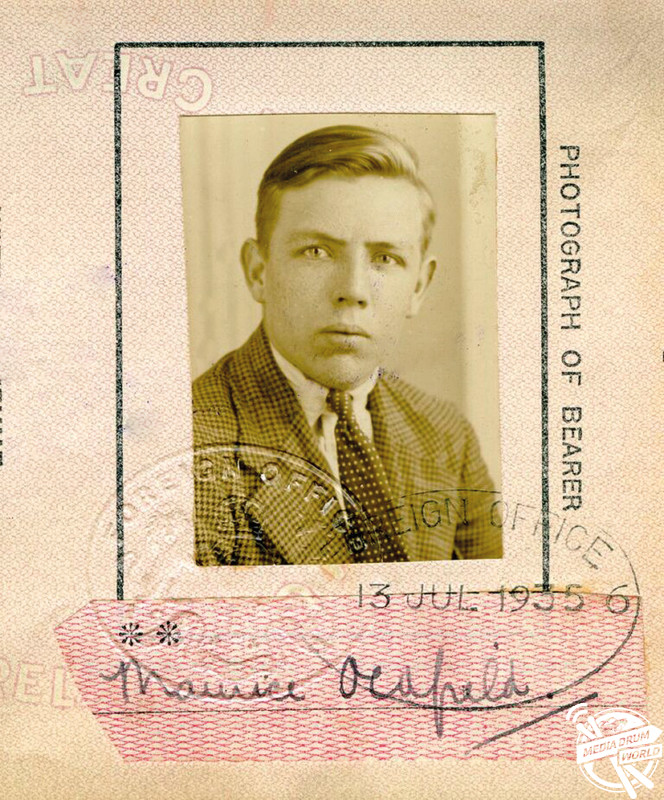By Mark McConville
THE INCREDIBLE life of Britain’s most decorated Cold War spy, head of MI6 and the inspiration for ‘M’ in James Bond has been revealed for the first time in a new book.
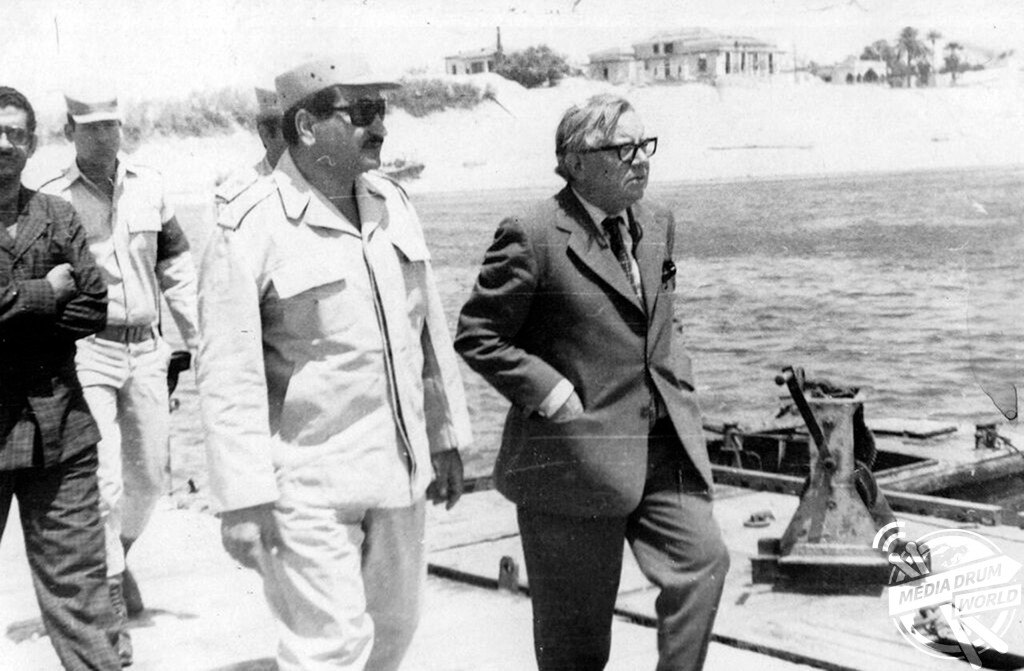
Sir Maurice Oldfield handled defectors during the Second World War, fought the KGB during the Cold War and was Britain’s top spy in Washington at the time of the Cuba Missile Crisis and the assassination of President John F Kennedy.
Oldfield even came out of retirement to take on the IRA in 1979 when he was appointed by Margaret Thatcher as Security Co-ordinator with a brief to “assist the Secretary of State in improving the co-ordination and effectiveness of the security effort in Northern Ireland”.
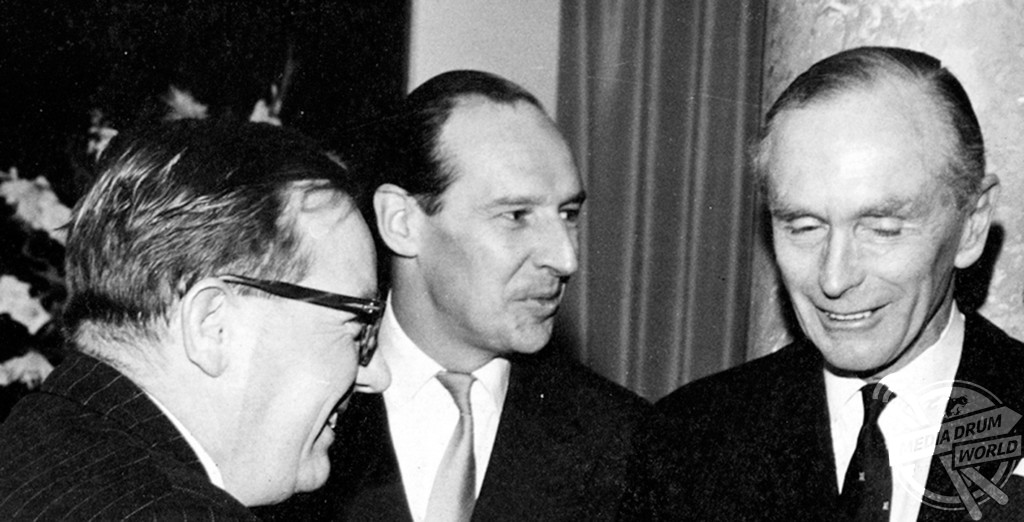
The decision came after the queen’s cousin, Lord Louis Mountbatten was killed by an IRA bomb along with three others and 18 soldiers were murdered in a double bomb blast near Warrenpoint, the Army’s heaviest casualties in a single incident during the Troubles.
The fascinating life story of one of Britain’s most decorated spies is told in intimate detail by his nephew Martin Pearce in his book, Spymaster. The book is published by Corgi.
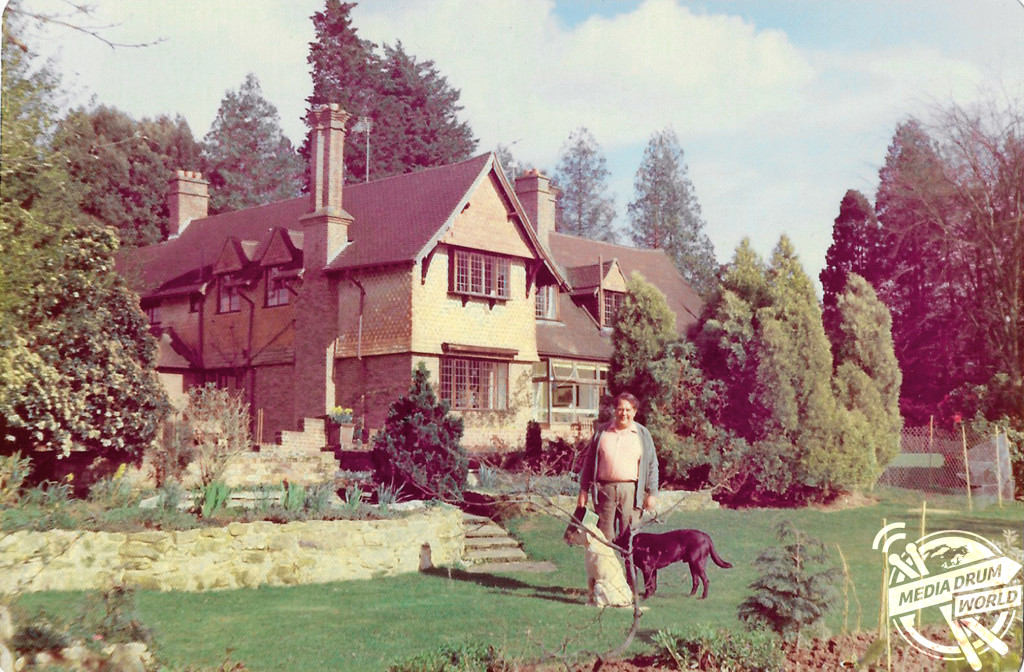
“When your uncle is a spymaster, all you really know about him is his name and job title – everything else is just speculation,” said Mr Pearce in the book’s introduction.
“What was mysterious about Uncle Maurice was that, given he was a spymaster, he really never seemed very mysterious at all.
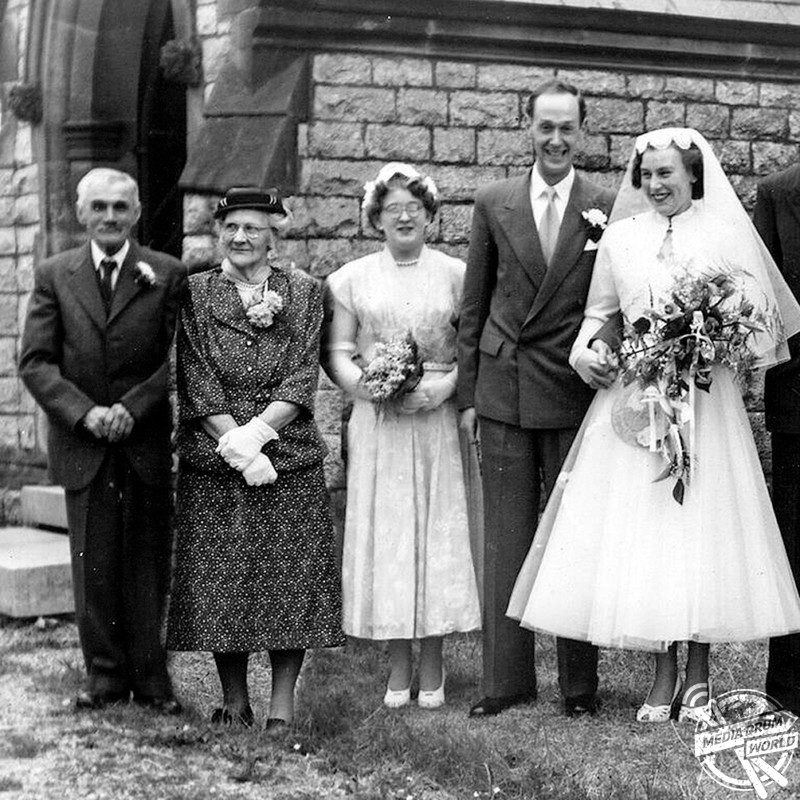
“He was funny, friendly and kind, and the only thing that seemed different about him from the rest of the family was that he ‘spoke posh’, as we Derbyshire folk would say.
“But then, people have told me that he would occasionally, when dealing with the posh, speak Derbyshire in order to disarm them.”
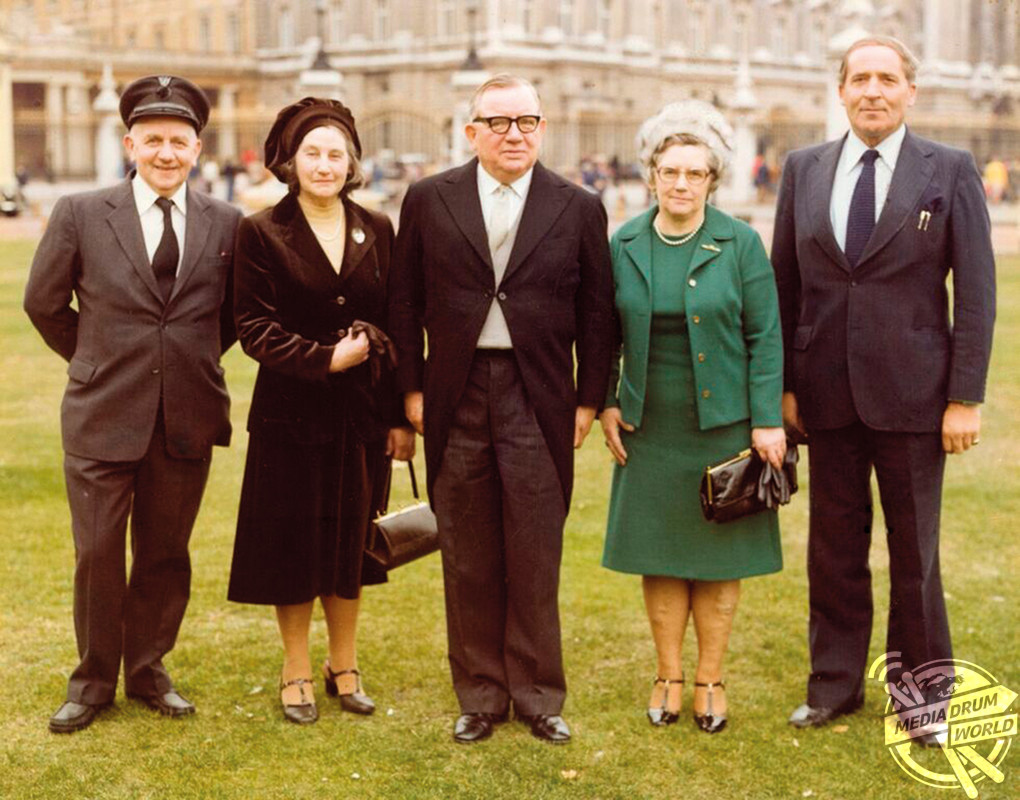
Sir Maurice Oldfield was the head of MI6 from 1973 to 1978 and was the first Chief to be named and pictured in the press, leading to the allegations that he was the model for the screen versions of both Ian Fleming’s ‘M’ and John Le Carre’s George Smiley.
He died in March 1981 from stomach cancer but not before Mrs Thatcher quizzed him on his sexuality over fears he could have been subject to blackmail or pressure from Soviet counterintelligence.
Mr Pearce feels that the smears on his uncle after his death should not take away from the remarkable man he was.
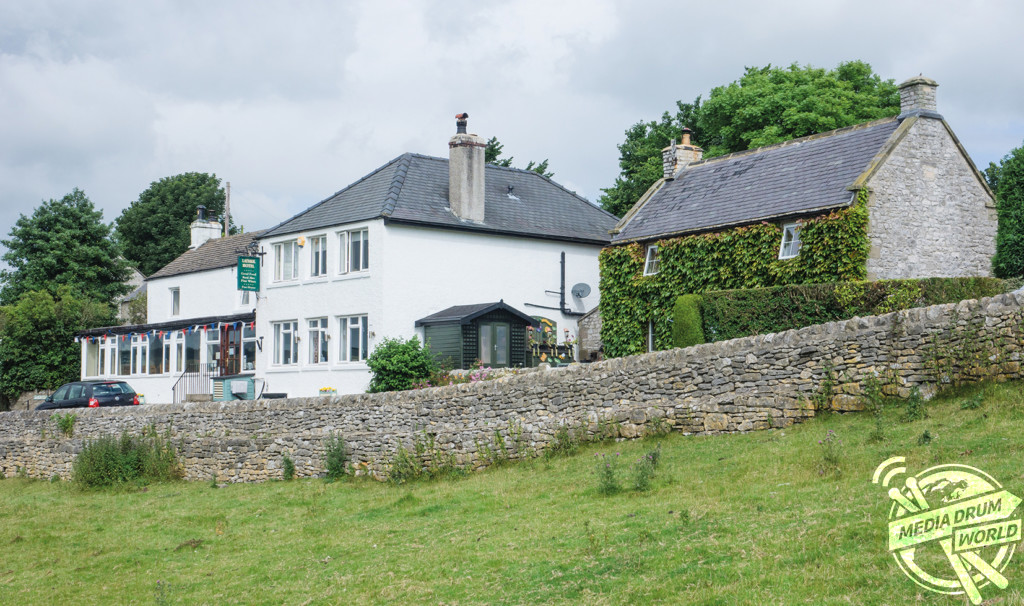
Margaret Thatcher made a statement on the allegations concerning Oldfield in relation to the security of the UK after a question from Conservative MP Sir Peter Blaker in 1987.
“The ambiguity of Thatcher’s statement allowed the press to have a field day with Oldfield’s reputation, safe from the fear of libel action,” he said.
“Had the Prime Minister’s written answer stated simply that Oldfield’s conduct had been thoroughly investigated and no security risk had been found, that could have been the end of the matter and thirty years of innuendo and smears need not have happened.
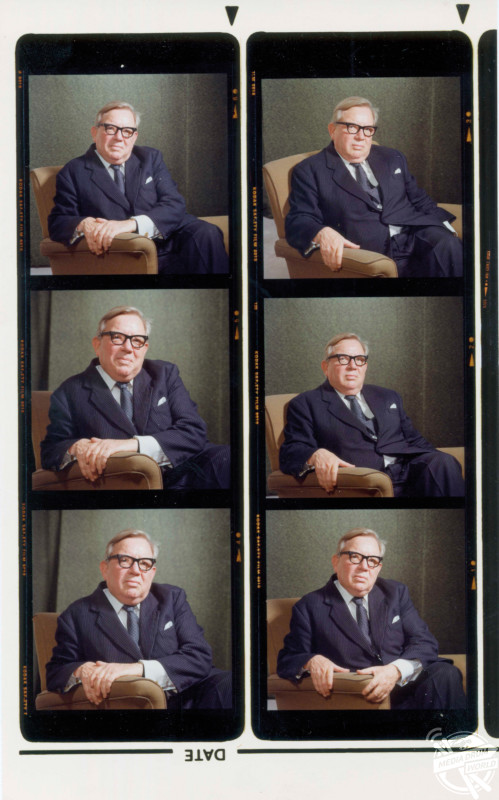
“What I will not do, though, is finish about Maurice Oldfield with a negative. People find it difficult to pinpoint exactly the qualities which made Maurice the legend of MI6 that he remains.
“In summing up Maurice, the words of his Manchester University contemporary Professor Ronald Reed seem prescient.
“‘When, in the post-war world, Maurice saw that Russia and the United States of America would tend to dominate the scene, he never faltered in trying to maintain the former glory of his country as a world power.
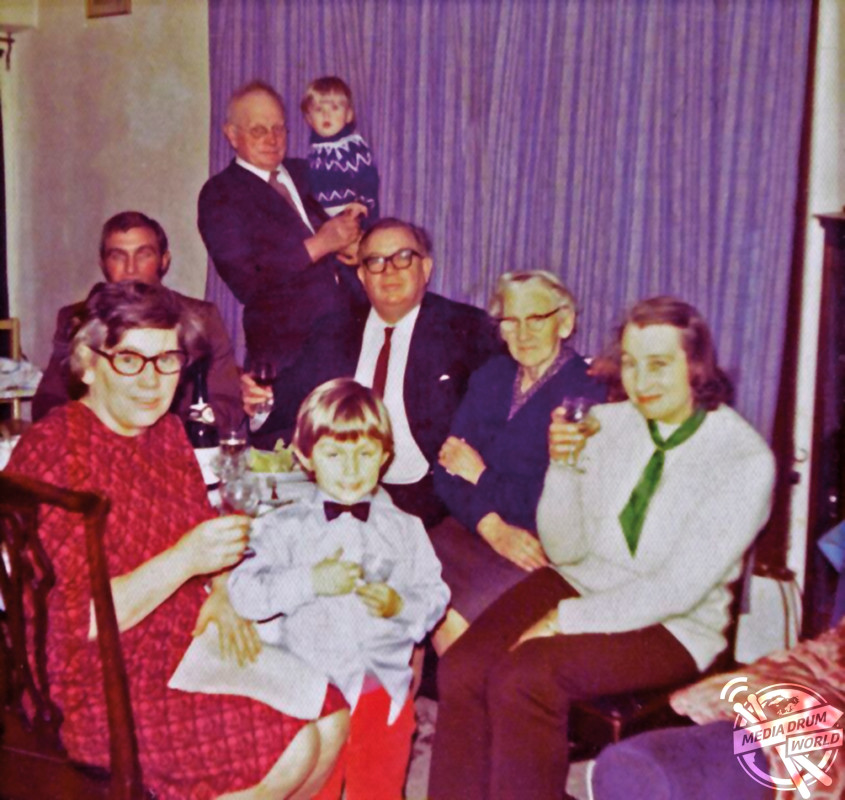
“‘No wonder the spy Philby, and other would-be destroyers of this country, found him a formidable adversary. He deserves more of our thanks than our condemnation.’”
Spymaster, by Martin Pearce, is published by Corgi and available in paperback for £8.99.

